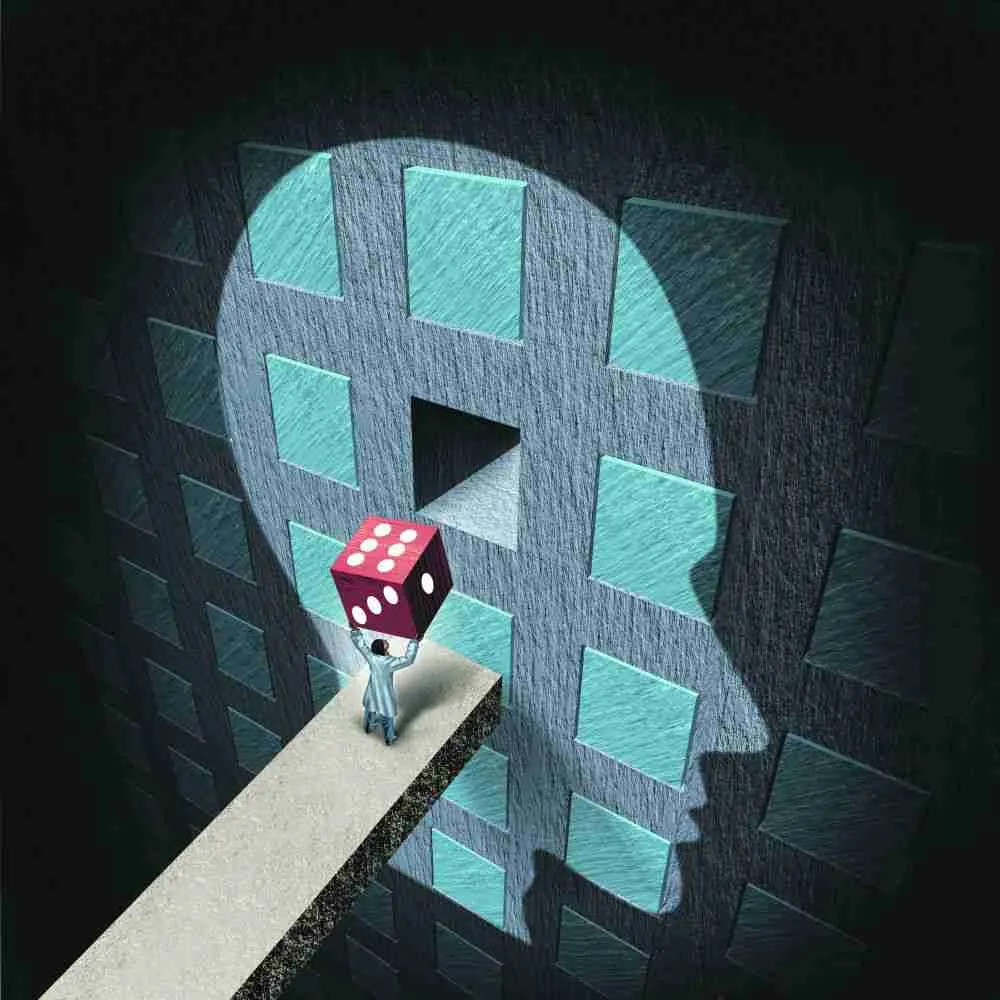Online gambling, epitomized by platforms like zetcasino7.gr, has surged in popularity due to easy accessibility and enticing interfaces. But what exactly happens in the brain when gambling transitions from casual entertainment to compulsive behavior? Understanding this psychology can help users recognize potential risks and manage their gaming habits responsibly.
Dopamine and Reward Mechanisms
At the heart of gambling psychology lies dopamine, a neurotransmitter linked to pleasure, motivation, and reward. When individuals gamble, especially online, their brains produce dopamine in anticipation of winning. Unlike traditional casinos, online platforms amplify these effects through visual cues, vibrant graphics, and interactive designs, maximizing dopamine release.
This release creates a reward loop: the brain associates gambling activities with pleasure, reinforcing behavior through neurological patterns. Over time, this cycle can lead to heightened expectations, pushing players toward continuous engagement with the platform.
Cognitive Biases in Online Gambling
Several cognitive biases significantly affect gamblers’ decisions online. Among these is the gambler’s fallacy—the belief that past outcomes influence future ones. Online casinos often highlight near-misses, encouraging the perception that a win is imminent, keeping gamblers engaged longer.
Another bias, the illusion of control, leads players to believe their actions directly influence game outcomes, even in games purely driven by chance. Features allowing personalized selections or perceived strategy foster this illusion, promoting further engagement.
Instant Gratification and Rapid Gameplay
Online casinos provide instant gratification, an attractive feature fueling frequent play. Games are designed to deliver rapid results, allowing players to immediately proceed to subsequent rounds without pause. Unlike physical casinos, the absence of waiting times encourages continuous, sometimes compulsive, gambling sessions.
Quick outcomes condition the brain to seek instant satisfaction repeatedly. Gradually, this pattern becomes embedded, potentially diminishing impulse control and increasing susceptibility to addictive behavior.
Online Casinos and Sensory Stimulation
Online casinos expertly employ sensory stimuli—sounds, visuals, and tactile feedback—to create immersive environments. Bright, appealing graphics and celebratory sounds upon wins enhance excitement, while subtle sound effects during losses downplay disappointments, keeping the player emotionally balanced and continuously engaged.
Advanced game designs utilize psychological principles such as intermittent reinforcement, offering unpredictable rewards that sustain anticipation and motivation, crucial elements in maintaining player attention.
Accessibility and the Risk of Addiction
Accessibility is a double-edged sword in online gambling. With platforms available anytime and anywhere via smartphones and tablets, the risk of excessive gambling significantly increases. The ease of logging in and starting a gambling session reduces the barriers present in physical gambling, leading to higher frequency and potentially problematic behaviors.
Continuous availability means gambling habits can subtly escalate, often unnoticed until significant issues arise. This convenience exacerbates impulsive tendencies, potentially leading to serious addiction issues.
Social Factors and Online Casino Communities
Online gambling is not an isolated activity. Platforms often include social elements—chat rooms, leaderboards, and multiplayer options—making users feel part of a community. Social reinforcement from peers can enhance the pleasure derived from gambling, encouraging prolonged and repeated participation.
However, these social connections can also normalize harmful behaviors. Observing peers gamble extensively without apparent negative outcomes may falsely signal to others that excessive gambling is safe and socially acceptable.
Loss Aversion and Chasing Losses
A crucial psychological phenomenon in gambling is loss aversion, the intense emotional pain felt from losing money compared to the pleasure of winning equivalent amounts. When gamblers experience losses online, they often attempt to recoup these losses through further gambling—known as “chasing losses.”
Online casinos exploit loss aversion by creating situations where players believe they can quickly recover previous losses. Promotions such as cashback offers, bonuses after losses, and continuous in-game encouragement contribute to persistent gambling despite ongoing negative results.
The Impact on Decision-Making Abilities
Prolonged gambling affects critical decision-making capabilities. Studies indicate that continuous gambling activities, particularly in online environments, impair cognitive functions such as risk assessment, judgment, and long-term planning.
Over time, persistent online gambling modifies brain circuitry, making it difficult for players to accurately evaluate consequences. This neurological shift fosters impulsivity, hindering rational thought processes crucial for controlling gambling habits.
Psychological Profiling by Online Casinos
Sophisticated online casinos employ advanced psychological profiling techniques, using data analytics to tailor games to individual behaviors and preferences. Tracking user interactions, casinos identify vulnerabilities and target marketing accordingly, significantly increasing gambling engagement.
Personalized promotions and game recommendations directly exploit psychological profiles, enhancing the likelihood of sustained gambling and escalating risk exposure for vulnerable individuals.
Responsible Gambling: Mitigating Risks
While understanding the psychological impact of online casinos is essential, equally critical is addressing these issues through responsible gambling initiatives. Players should be encouraged to establish strict personal boundaries, including time and spending limits, to mitigate risks effectively.
Online platforms must support responsible gambling through features such as self-exclusion tools, deposit limits, and reality checks. Promoting awareness about gambling psychology can empower individuals to identify potentially harmful behaviors early, seeking intervention when necessary.
Conclusion: Awareness and Responsibility
Online casinos profoundly impact brain function and psychological behaviors, employing intricate strategies to maximize engagement and retention. Recognizing the neurological and cognitive effects of gambling, is crucial for maintaining control and preventing addiction.
Awareness, combined with proactive measures and responsible gambling practices, offers effective pathways to safe, enjoyable gambling experiences. Understanding these psychological principles empowers players to manage their interactions with online gambling responsibly, maintaining balance and control over their recreational activities.

